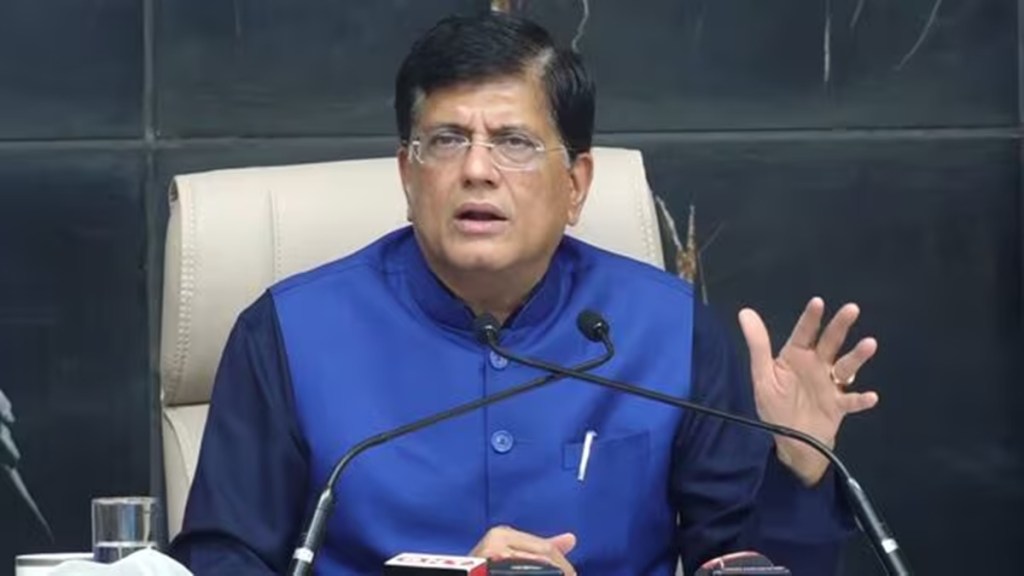India and the European Union (EU) have agreed to hold further discussions on the proposed free trade agreement (FTA) because of the sensitivities involved on auto and steel trade and the 27-member bloc’s regulations like carbon tax that seek to link trade to the environment protection goals.
While discussions on the sensitive issues would continue, both sides decided to work closely to finalise the non-sensitive industrial tariff lines in their FTA, the Commerce and Industry Ministry said in a statement.
Commerce and Industry Minister Piyush Goyal who was in Brussels from October 26 to October 28 for intensive discussions on the FTA with European Commissioner for Trade Maros Sefcovic told reporters that 10 of the 20 chapters or policy areas of the proposed agreement have been finalised.
“Another 4-5 chapters have been in-principle broadly decided. On more and more issues we are leaning towards convergence. When their team visits next week for the next round of negotiations or the Trade Commissioner visits India some time in end-November or early December we should be in a position to make significant and substantial progress towards closure,” Goyal added.
“There was also a good discussion on India’s concerns on Non Tariff Measures and the new EU regulations. During the negotiations, Goyal emphasised the need for preferential treatment for India’s key (proposals), particularly those with respect to labour-intensive sectors,” the ministry’s statement said.
India and EU are working with the December-end deadline to close their negotiations on the FTA.
The EU’s regulations like Carbon Border Adjustment Mechanism (CBAM), Deforestation Regulation (DR) and many such steps to become carbon neutral by 2050 have been discussed in the negotiations on the Free Trade Agreement (FTA).
The EU will start collecting carbon tax from January 1, 2026. This will be on the excess carbon emissions over a threshold. The seven products are covered by it but for India the interest is in steel and aluminium. Tariff concessions under FTA become meaningless if they are replaced by carbon tax.
Another issue in steel is the safeguard duties that the EU has imposed on imported steel since 2018. It sets country-wise quotas on imports. In auto the EU is seeking freer access to the Indian market but which New Delhi wants to protect because of its role in domestic manufacturing.

